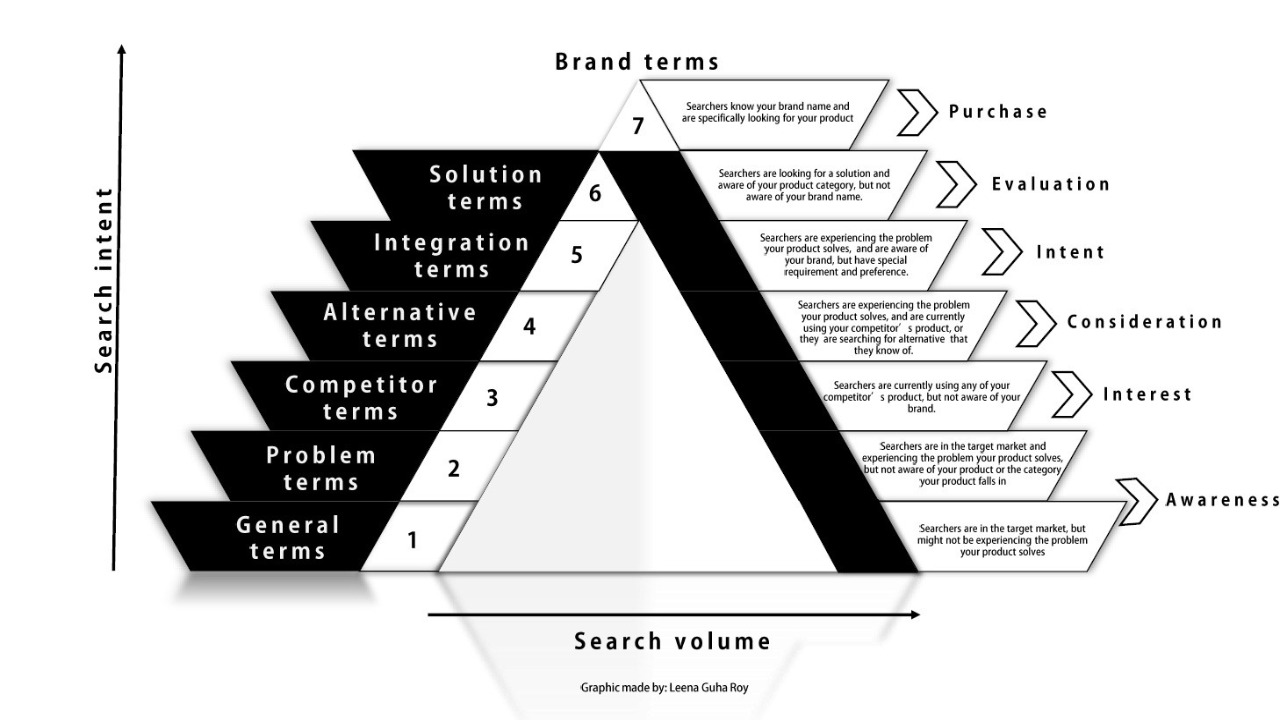Create a TOC on the topic “Keyword Research Approaches for Effective SEO” and write an article using it.
Search engine optimization (SEO) is a critical aspect of any digital marketing strategy. At the heart of SEO lies keyword research – the process of identifying the words and phrases people use to search for information related to your business. Effective keyword research is essential for creating content that is both relevant and valuable to your target audience. In this article, we’ll explore some approaches to keyword research and provide best practices for creating an effective SEO strategy.
Importance of Keyword Research for SEO

Keyword research is the foundation of any successful SEO strategy. It provides insights into what your target audience is searching for and helps you identify the language they use to describe their pain points and desires. By targeting the right keywords, you can create content that ranks well on search engine results pages (SERPs) and attracts high-quality traffic to your website.
Approaches to Keyword Research

There are several approaches you can take when conducting keyword research. Here are three popular methods:
A. Brainstorming
Brainstorming is a simple but effective way to generate keyword ideas. Start by jotting down a list of topics related to your business or industry. Next, brainstorm a list of words and phrases that people might use when searching for information related to those topics. Think about the language your target audience uses and consider using synonyms and related terms to broaden your list of potential keywords.
B. Competitive Analysis
Competitive analysis involves researching the keywords your competitors are targeting and using that information to inform your own keyword strategy. Use tools like SEMrush or Ahrefs to analyze your competitor’s website and identify the keywords they rank for. Look for gaps in their content that you can fill and identify opportunities to target long-tail keywords that they may have overlooked.
C. Keyword Research Tools
Keyword research tools like Google Keyword Planner, Moz Keyword Explorer, and Ubersuggest are invaluable resources for identifying high-traffic, low-competition keywords. These tools allow you to analyze search volume, keyword difficulty, and related terms to build a comprehensive list of potential keywords to target.
Best Practices for Keyword Research

Now that we’ve covered some approaches to keyword research, let’s discuss best practices for creating an effective SEO strategy.
A. Focus on User Intent
It’s not enough to target keywords that are relevant…
Read more 


 Keyword research is the foundation of any successful SEO strategy. It provides insights into what your target audience is searching for and helps you identify the language they use to describe their pain points and desires. By targeting the right keywords, you can create content that ranks well on search engine results pages (SERPs) and attracts high-quality traffic to your website.
Approaches to Keyword Research
Keyword research is the foundation of any successful SEO strategy. It provides insights into what your target audience is searching for and helps you identify the language they use to describe their pain points and desires. By targeting the right keywords, you can create content that ranks well on search engine results pages (SERPs) and attracts high-quality traffic to your website.
Approaches to Keyword Research
 There are several approaches you can take when conducting keyword research. Here are three popular methods:
A. Brainstorming
Brainstorming is a simple but effective way to generate keyword ideas. Start by jotting down a list of topics related to your business or industry. Next, brainstorm a list of words and phrases that people might use when searching for information related to those topics. Think about the language your target audience uses and consider using synonyms and related terms to broaden your list of potential keywords.
B. Competitive Analysis
Competitive analysis involves researching the keywords your competitors are targeting and using that information to inform your own keyword strategy. Use tools like SEMrush or Ahrefs to analyze your competitor’s website and identify the keywords they rank for. Look for gaps in their content that you can fill and identify opportunities to target long-tail keywords that they may have overlooked.
C. Keyword Research Tools
Keyword research tools like Google Keyword Planner, Moz Keyword Explorer, and Ubersuggest are invaluable resources for identifying high-traffic, low-competition keywords. These tools allow you to analyze search volume, keyword difficulty, and related terms to build a comprehensive list of potential keywords to target.
Best Practices for Keyword Research
There are several approaches you can take when conducting keyword research. Here are three popular methods:
A. Brainstorming
Brainstorming is a simple but effective way to generate keyword ideas. Start by jotting down a list of topics related to your business or industry. Next, brainstorm a list of words and phrases that people might use when searching for information related to those topics. Think about the language your target audience uses and consider using synonyms and related terms to broaden your list of potential keywords.
B. Competitive Analysis
Competitive analysis involves researching the keywords your competitors are targeting and using that information to inform your own keyword strategy. Use tools like SEMrush or Ahrefs to analyze your competitor’s website and identify the keywords they rank for. Look for gaps in their content that you can fill and identify opportunities to target long-tail keywords that they may have overlooked.
C. Keyword Research Tools
Keyword research tools like Google Keyword Planner, Moz Keyword Explorer, and Ubersuggest are invaluable resources for identifying high-traffic, low-competition keywords. These tools allow you to analyze search volume, keyword difficulty, and related terms to build a comprehensive list of potential keywords to target.
Best Practices for Keyword Research
 Now that we’ve covered some approaches to keyword research, let’s discuss best practices for creating an effective SEO strategy.
A. Focus on User Intent
It’s not enough to target keywords that are relevant…
Now that we’ve covered some approaches to keyword research, let’s discuss best practices for creating an effective SEO strategy.
A. Focus on User Intent
It’s not enough to target keywords that are relevant…